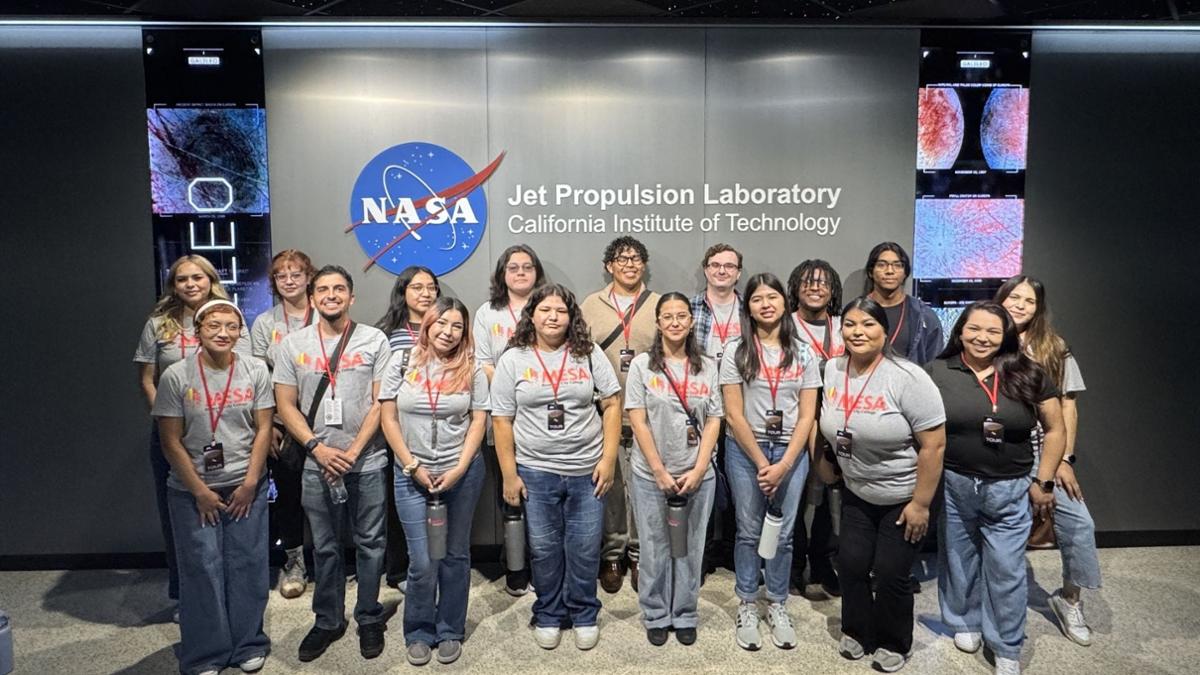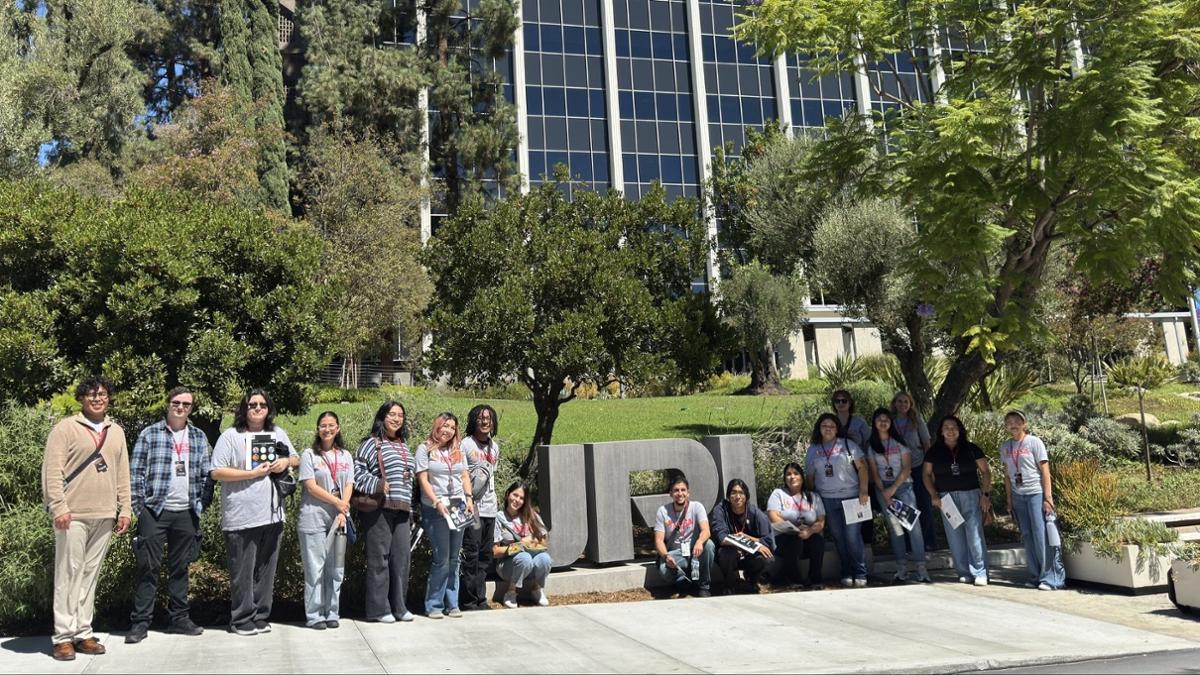MESA Students Visit NASA’s Jet Propulsion Laboratory

Students from Riverside City College’s Mathematics, Engineering, Science Achievement (MESA) program recently visited NASA’s renowned Jet Propulsion Laboratory (JPL), where they explored the lab’s rich history of innovation and groundbreaking contributions to space exploration.
A highlight of the visit was an exclusive look at the development of ASTHROS (Astrophysics Stratospheric Telescope for High Spectral Resolution Observations at Submillimeter-wavelengths)—a cutting-edge, high-altitude balloon mission designed to study distant astrophysical phenomena. Students had the rare opportunity to learn directly from researchers working on the project, gaining insight into how advanced technologies are expanding humanity’s understanding of the universe.
Beyond the science, the tour also introduced students to exciting internship opportunities at JPL, opening pathways to future careers in STEM. By engaging with scientists, engineers, and industry experts, students were able to see firsthand how their studies connect to real-world applications and career possibilities.

The MESA program empowers educationally disadvantaged students by providing academic support, mentoring, and opportunities that prepare them to excel in math, engineering, and science fields. Designed to increase the number of underrepresented students who transfer and earn bachelor’s degrees in STEM, MESA plays a vital role in helping students overcome barriers, build confidence, and achieve their goals.
Located in Pasadena, California, NASA’s Jet Propulsion Laboratory is a federally funded research and development center managed by the California Institute of Technology. JPL is known worldwide for its leadership in robotic space exploration, having designed and managed historic missions such as the Mars rovers, Voyager spacecraft, and numerous Earth-observing satellites. Its work continues to shape the future of space science and inspire the next generation of explorers.